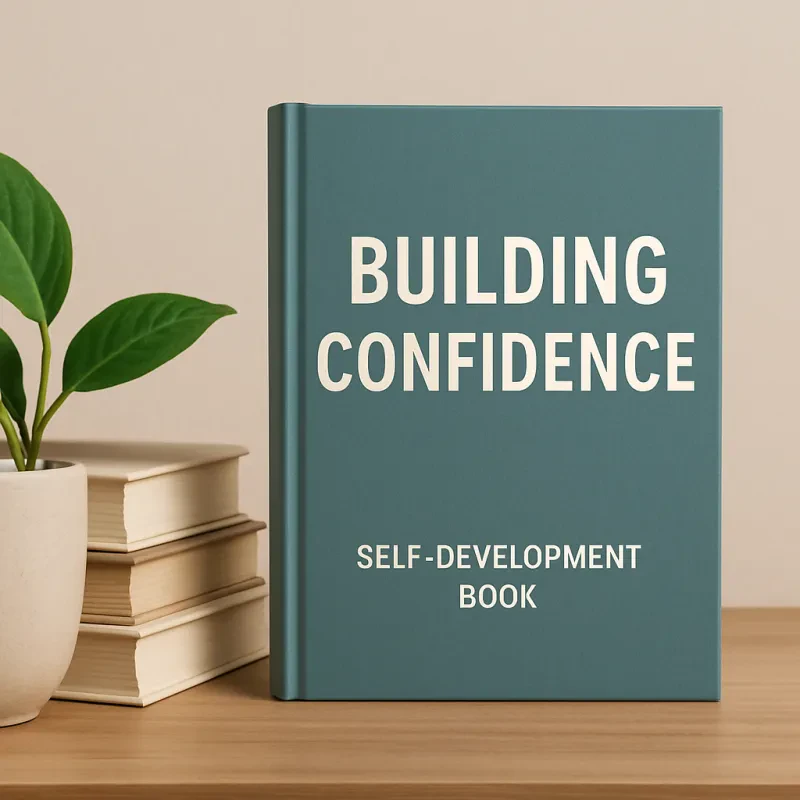Unlocking the Enigma: Why Your Mind Is Fascinating
The human mind is an extraordinary creation. It's filled with thoughts, emotions, and experiences, making it a world of its own. This article reveals the incredible abilities of our minds, showing how we can harness their true potential.
The Astonishing Power of the Human Brain
Neuroplasticity and Learning
Neuroplasticity is the brain's ability to change and adapt. Studies show that this capacity remains strong throughout life. For instance, people who learn a new language can actually reshape their brain structures. Experts emphasize that lifelong learning is possible for everyone.
- Statistics: Over 70% of individuals who engage in new activities show brain growth.
- Example: A stroke survivor relearning to speak demonstrates remarkable brain recovery.
Memory and Recall
Memory isn’t just one idea; it has different types:
- Short-term memory (holding information briefly).
- Long-term memory (storing information for years).
- Working memory (juggling information while using it).
Improving memory is within reach. Simple techniques can help.
- Tip: Use visualization to remember names or faces.
- Statistic: The average person can hold about seven items in short-term memory.
Cognitive Biases and Decision-Making
Cognitive biases affect our choices every day. Common biases, like confirmation bias, lead us to seek out information that supports our views.
- Example: A manager favoring employees who share their opinions can hinder team creativity.
To combat biases, consider these strategies:
- Question your assumptions.
- Seek diverse perspectives.
The Emotional Landscape of the Mind
The Science of Emotions
Emotions have a solid neurological basis. Neurotransmitters like serotonin and dopamine play crucial roles.
- Statistic: Over 40 million adults in the U.S. suffer from anxiety disorders.
Understanding the roots of emotions helps us gain control over them.
Emotional Intelligence and Relationships
Emotional intelligence (EQ) is vital for healthy relationships. High EQ leads to better communication and empathy.
- Example: Leaders with strong EQ can effectively manage teams and resolve conflicts.
To boost your EQ, try:
- Practicing active listening.
- Reflecting on your emotions daily.
Managing Stress and Anxiety
Chronic stress impacts both mental and physical health. Techniques like meditation and exercise can significantly lower stress levels.
- Statistic: Nearly 80% of doctors’ visits are stress-related.
Experts recommend building a consistent practice to enhance well-being.
The Creative Power Within
The Neuroscience of Creativity
Creativity isn't random; it's a process involving various brain regions. Divergent thinking leads to many ideas, while convergent thinking helps focus on solutions.
- Example: Scientists like Einstein made groundbreaking discoveries through creative thinking.
Cultivating Creativity
Enhancing creativity can be easy. Try these tips:
- Mind mapping: Visualize connections between ideas.
- Brainstorming: Set a timer and jot down anything that comes to mind.
Curiosity also sparks innovation. Explore new hobbies to unlock creative potential.
Exploring Consciousness and Awareness
The Mystery of Consciousness
Consciousness remains one of the biggest mysteries in science. Different philosophical ideas attempt to define it.
- Expert Opinion: Researchers agree that understanding consciousness challenges our current knowledge.
Mindfulness and Self-Awareness
Mindfulness helps enhance self-awareness and reduces stress. Regular practice can improve mental well-being.
- Tip: Start with five minutes of mindful breathing each day.
- Statistic: Reports show a 50% improvement in stress levels for those practicing mindfulness regularly.
Conclusion: Embracing the Fascinating Mind
The human mind is full of mystery and potential. Understanding its capabilities is essential for personal growth.
Engage in activities that nurture your mind, from learning new skills to practicing mindfulness. Embrace the fascinating world inside your head and unlock its secrets today.



